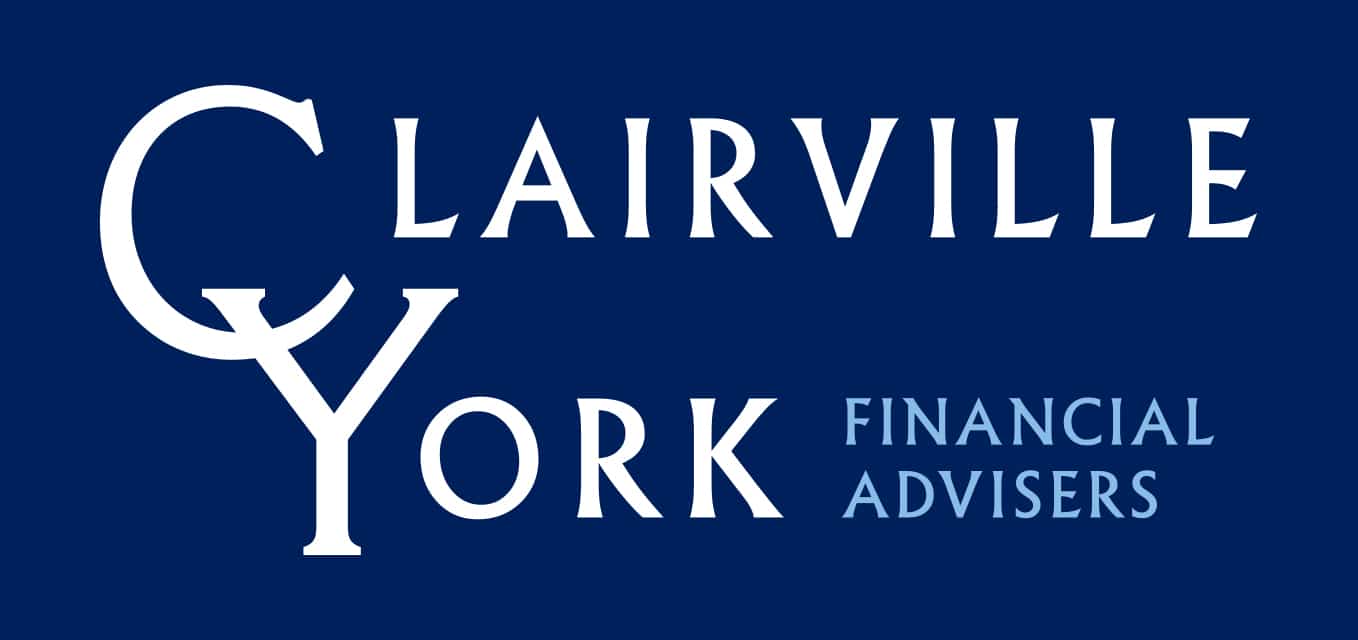The Office for National Statistics (ONS) recently reported that twenty somethings are now less likely to own a home than had previously been the case, and that fewer have accumulated any savings of note.
These findings have been highlighted by several media organisations over the last month, including the BBC, and show that the proportion of 22-29 year olds owning their own home has fallen over the past decade by 10%, from 37% to just 27%.
Factors that may have impacted upon this change are led by the level of house prices and the income required to secure an adequate mortgage in order to get onto the housing ladder. However, other factors such as the relative cost to an individual of further education is also thought to have had an impact.
Currently 53% of 22-29 year olds have nothing in a savings account or ISA. This is up from 41% a decade ago. According to the ONS data 75% have less than £6,000 in savings indicating that their prospect of buying a property is a more distant hope than it was for their parents.
It is said that if the savings habit isn’t in place in your 20’s it is unlikely to develop in your 30’s, 40’s or 50’s. What can be done to assist? Maybe a combination of guidance and support?
Andy Webb, a blogger on financial matters, suggests five basic steps for individuals to help themselves:
- Paying into your savings first before anything else.
- Automate your savings by using an App, some of which allow you to save by rounding up your transactions.
- Make it difficult to spend your savings by using arrangements more difficult to access.
- Spend in cash where you can.
Increasingly, family members are assisting children and grandchildren to get started on the property ladder, with many providing some or all of a
deposit lump sum by accessing savings or releasing equity from their own properties. For others ongoing medium and long-term financial support to help in a property purchase may be achieved by funding or co-funding tax incentivised savings arrangements in the child or grandchild’s name such as ISAs and Lifetime ISAs (LISAs).
Good financial and where appropriate legal advice is essential to ensure individual circumstances are considered, particularly to take account of the potential impact on IHT liabilities and, for some, social care entitlement.
Generational financial planning has always been a consideration. The ONS article has helped to bring this to the fore once more.

